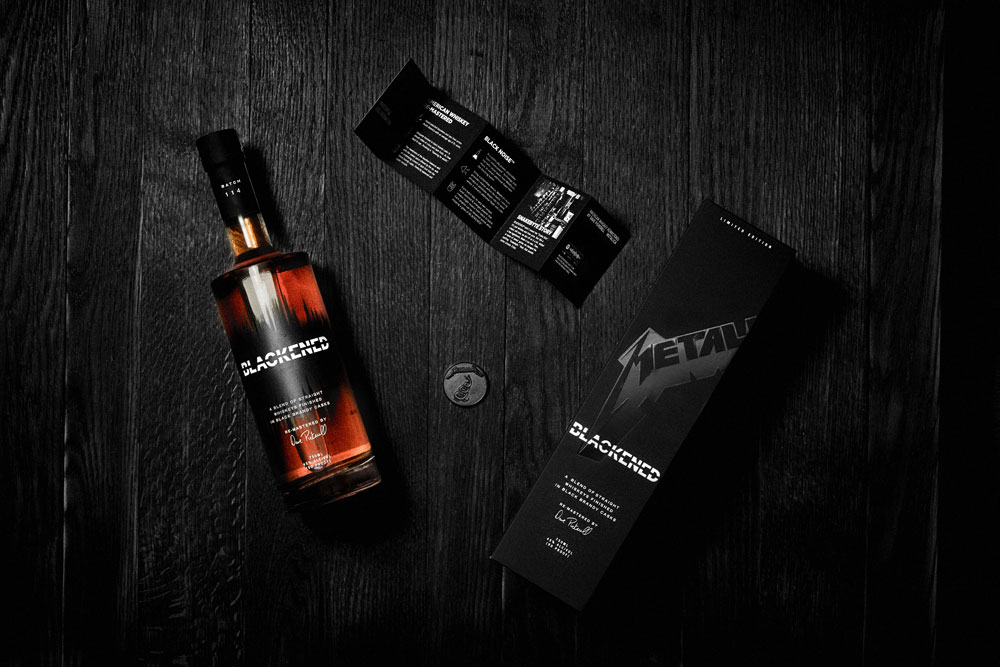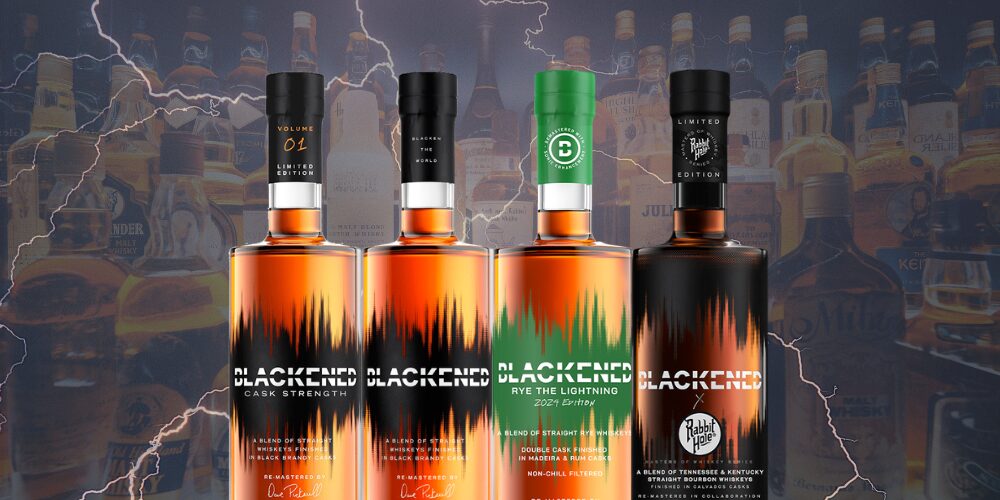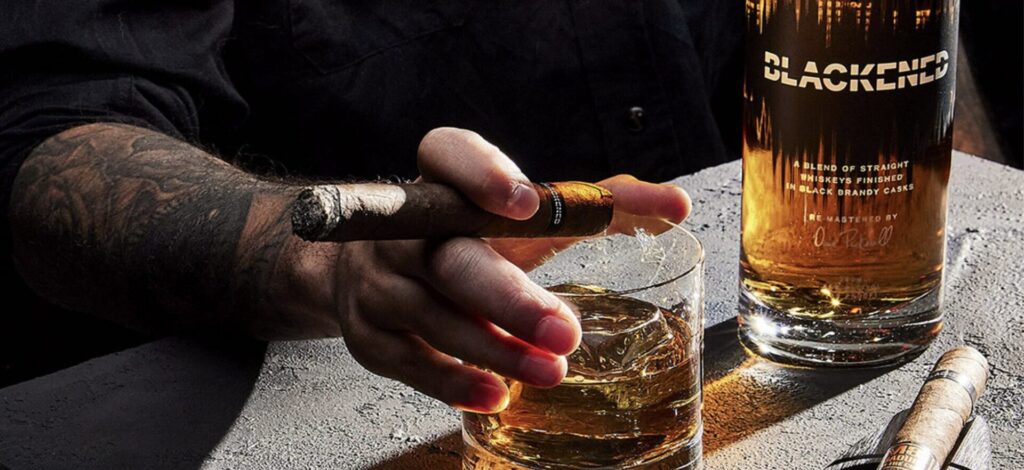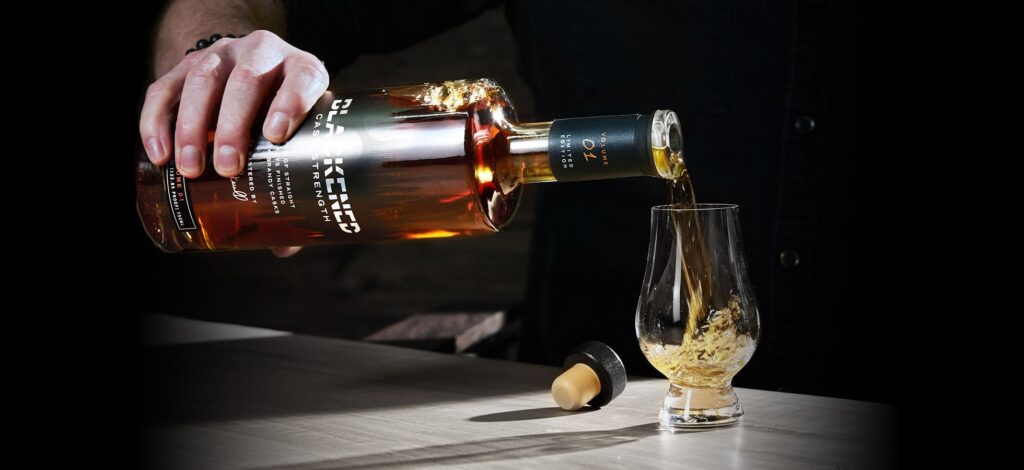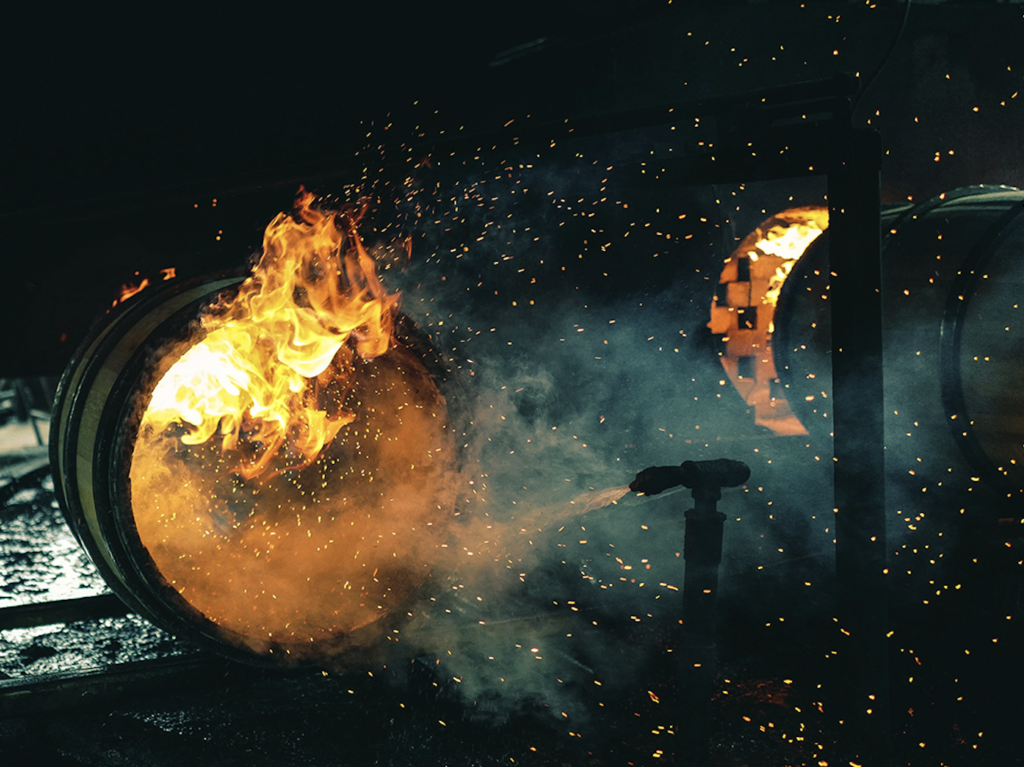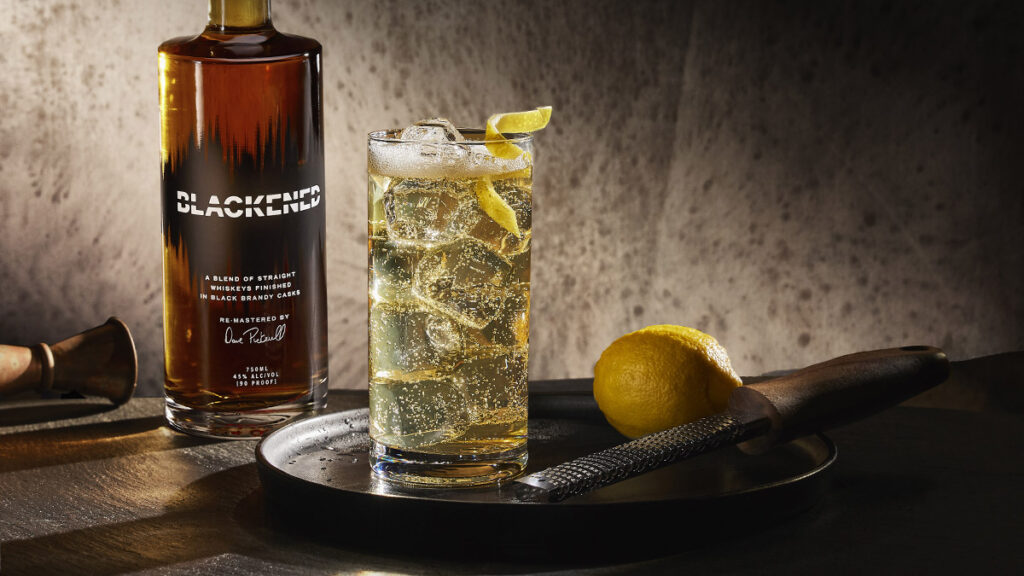BY STEFFAN CHIRAZI FOR BLACKENED
Much will be said, and much will be detailed with regards to making Metallica’s historic the Black Album as it celebrates its 30th year. Steffan Chirazi looks forward to all of it, and in the meantime, shares a few personal memories from the era itself.
NEVER ABOUT THE NUMBERS
Let me make one thing perfectly clear about the Black Album; no-one saw it’s ridiculous stratospheric success coming, yet everyone knew it was possible.
Metallica has never allowed “the figures,” the sales, the dough, the chart positions, the radio plays (or in today’s parlance, the streams) to fuck with their creative process; that was just never Lars, James, Kirk’s, Jason’s, or Rob’s bag. Yeah yeah, you’ve heard it a thousand times and I’m confirming it is true. The only “numbers” that might’ve impressed them would be how many people were at the gigs, and that was solely because of the excitement and energy exchange (battery) generated between those fans and the four band members. It was never about numbers.
LARS, BOB ROCK, & DR.FEELGOOD
I remember when Lars first heard “Dr. Feelgood,” the second (well, pretty much first but technically second) track from Motley Crüe’s album of the same name, and thus by proxy when the Black Album was really finalized in aural concept.
Lars has always had an ear for a sound or vibe (he went through a phase around that time of obsessing on some godforsaken “pre-movie” ad riff, you know, the stuff they play to advertise popcorn and shit like that – I am still not unsure a bit of it didn’t influence a song somewhere) and the moment he heard Tommy Lee’s drums and the slow, swirling, filthy chug of the first 30 seconds, he was hooked. The man behind that sound was Bob Rock, and it was at this moment that anyone in the vicinity would’ve started to guess Bob Rock would produce the next Metallica album.
Was it a move to a more “commercial” sound? Perhaps in the sense that Bob Rock had produced Bon Jovi, Crüe and both had sold a fat shitload of albums. But again, remember…numbers were NEVER important to Metallica. It was always about sound. I know Lars loved the hugeness of the sound on “…Feelgood”, and if you’re in doubt, go and slap the bastard on your headphones right now and drink it up, because everything I’m telling you makes sense.
THE EVOLUTION OF JAMES HETFIELD
You’ve heard the storied-about riff tapes and Kirk originating “…Sandman” (BTW, Lars was instrumental in bringing it home and has always had a very close relationship with Kirk in the studio), but one very intriguing scenario to witness was the evolution, transformation and eruption of James Hetfield as a vocalist.
Riffs? Clearly never an issue, and for that matter, his vocals were trademark anger, rage and roar, so on the face of it, perhaps not an issue either. Except I always felt back then that Hetfield was harboring a deeper artistic sensibility, a range of vocal motion (and emotions) which could -if he allowed it to happen- bring so much life to his already increasingly feral, cathartic lyrics.
As any fan will confirm, much of Hetfield’s life story appears in his lyrics over the years, and he was entering a phase where the full realization of past pains with regards to his family’s Christian Science, and his often lonely and extremely awkward adolescence, were saturating his words. Raw emotions were coming to the fore but combine those with the enormous success the band had enjoyed over the prior few years, the still-raw tragedy of Cliff Burton and the not necessarily planned but tagged stance as “heavy anti-establishment rules” rockers who’d carved out their own unique glory march, and these were initially confusing times for Hetfield.
How could he reconcile those emotions and pain with the tough “anti-system” persona, the Eet Fuk Lord if you will, the snarling, whipping, instantly relatable voice and vent of rage? Deep down, he knew that Rock was going to not only produce a better sounding record, it was going to give him a shot to free himself and enter a never never land where new vocal skills and courage would blossom thanks to Rock’s ear and guidance.
ONE ON ONE & LIVING IN LA
I was down at One On One in North Hollywood a few times during the recording sessions between October, 1990 and June, 1991 , and whilst I can confirm it was testy and tense, I cannot ever really remember any one reason why, other than perhaps the utter awkwardness of crafting an album so counter to that they’d done before.
Let’s remember that Lars and James had authored major production control on all previous albums, and this was the first where a “producer” was taking the main production chair and they were not flying the plane. For his part, Rock (a seasoned parent already it must be noted) took his time gauging and assessing how the dynamics worked, yet he never shied away from saying what he knew to be right for the album. Despite at times (to my eye anyway) getting extremely frustrated with the parent/refereeing he was engaged in with not only the band as a whole but between Lars and James at times) Rock knew his path would eventually yield enormous results. He was the person who knew James could do exponentially better vocals if he’d just allowed himself, and he was the person who earned James’ trust which subsequently allowed his voice to develop a whole other dimension without losing its character and sometimes bilious disgust.
Lars was enjoying every inch LA had to offer, whether playing small hours enhanced games of tennis with Skid Row’s Sebastian Bach on the roof of the hotel the band was parked in (in the process waking up an incredibly grumpy Axl Rose whose room happened to be directly below the serve area) or enjoying the nightlife rock’n’roll Hollywood had to offer. Yet his focus, drive and devotion to the recording process was relentless.
Again, I remember thick currents of stress between him and James, and at the time I had no real idea why beyond the fact that James maybe considered his behavior too “LA” or something. Looking back, I think the truth is that James was in the process of shedding his old skin and developing that aforementioned dimension, one which perhaps left him feeling vulnerable, and that Lars’ relentless comfort was maybe antagonistic in a sense. You have to remember, at the time, the vocal direction on mighty monoliths such as “The Unforgiven” and “The God That Failed” were highly adventurous for Hetfield, with little inflections and doubled vocal harmonies which had never previously figured into the process.
His growth was painful, awkward, challenging and uncomfortable, yet Lars was in the slipstream of comfort and self-assurance. Of course they’d fucking clash. Yet the fruit and progress it bore allowed the band to access a whole other series of levels as artists and creators, with “Nothing Else Matters” the stunning fulcrum of that giant creative leap. By the way, in all honesty, it’s probably better not to be able to define such a chemistry.
THE FINISHED BLACK ALBUM ROAD TEST
My clearest memory of the era was to come right after it wrapped up at One on One and got the ole’ mastering and polish. Lars called me and said he had the finished thing on a tape which had just been Fed Ex’d, and that he wanted to go on a long trip and “road test” it in his new Porsche 928. Did I want to come along? It would bring us to Lake Tahoe through Yosemite and down route 99 past Mono Lake into Death Valley. Of course I fucking did!
We were roaring along down 99, when a cop car came from seemingly nowhere and signaled us to pull over. Lars dutifully obeyed.
“Do you know how fast you were going?”
“No, I’m sorry, I don’t.”
“Well put it this way, it was so goddamn fast you just blew through a town you probably didn’t notice, and my boss was screaming to dispatch, ’Someone get this sonofabitch right now’ because he was just furious. Tell me, is there any reason for you to have been driving at 120 miles per hour?”
I remember hearing 120 mph and suppressing a giggle whilst wondering if they gave you blankets and pillows for overnight concrete cell vacations. “I am very sorry, I have no good reason at all. I have not had this car for too long, I just finished recording a new album with the band I’m in, we were ‘road-testing’ it and I am going to be going on tour in a couple of months for about a year and half, so this was the last opportunity for a while to do anything like this.”
“Well…I appreciate your honesty and not bullshitting me. But listen carefully, if you do this again, you might not be here to go on tour because that is a dangerous and reckless speed, OK?”
“Absolutely, I’m sorry and I understand.”
He wrote Lars up for going 70mph in a 55. It was unbelievable, completely ludicrous. How? I mean, I don’t truly know what “reckless driving” is, but that seemed a perfect definition yet there he was, a cheap ticket all-told and we were on our way again. Incredible. And yes, the album sounded fantastic, with the overriding fact for me that most of the songs were much shorter than typical Metallica material, which in turn allowed the main riff in each song to really rise to the fore.
That trip, that drive, was a point of no return, because it would turn out that 25 million people would feel the same way about the Black Album, and as a result, their lives were changed forever…and we haven’t even mentioned the 301 date …Roam tour!
SHORTER, SIMPLER, CRUSHING SONGS
The other big twist for Metallica was that this was the album that was written with a collection of songs which were shorter, simpler, more direct and more riff-oriented than anything previously. …And Justice For All had been an experiment in some sort of existential exploration of how many riffs, twists and turns could be fused together to form a mega-song, and subsequently, they absolutely wanted to explore-and enjoy-simplicity.
Follow their career, look at the album patterns, and for several decades you’ll have seen them take creative jags in other directions simply because it felt good. “Selling out?” Don’t be stupid. In the case of the Black Album, “selling out” would’ve provided …Justice II, indeed, it could well be argued that taking the Bob Rock production/shorter song route was potentially dangerous for career advancement…if you gave a shit about those things. Which we’ve established was never Metallica’s motivator.
CELEBRATING THE BLACK ALBUM’S 30th ANNIVERSARY
In celebration of the of The Black Album, Blackened American Whiskey has released the limited edition The Black Album Whiskey Pack. The ultimate collector’s item for Metallica fans and whiskey enthusiasts alike. Using BLACKENED’s proprietary BLACK NOISE™ sonic-enhancement process, this whiskey was finished to the songs of Metallica’s iconic The Black Album, the best-selling album in the last 30 years!
The pack includes:
- 750ml BLACKENED American Whiskey Batch 114
- Collectible Whiskey Coin
- Snakebyte Cocktail Booklet, featuring riffs off the classic whiskey Snake Bite drink from rock star bartenders across the country
You won’t want to miss this special batch! Find the pack at a retailer near you here.
